Description
This listing is for the 2 locomotives FP7A/FP7B
All other items mentioned are for information only.
Prototype Information:
From 1947-1961, the Milwaukee Road Olympian Hiawatha ran passenger excursions between Chicago and the Pacific Northwest, operated by the Chicago, Milwaukee, and St. Paul and Pacific Railroad.
The Olympian Hiawatha took scheduled excursions through scenic Idaho, Montana's Bitterroot Mountains, and Washington's Cascade range. On June 29, 1947, the Milwaukee Road inaugurated its streamlined flagship on a 43-hour, 30-minute schedule. This was advertised as being a "speedliner." The railroad contracted industrial designer Brooks Stevens to design the train consist, which included some unique and signature cars of the Milwaukee Road.
In 1952, the first full-length "Super Dome" cars were added, which included 68 dome seats and 28 lounge seats. The dome area featured seats positioned lengthwise, facing the 625 square foot double-pane windows. Ideal for insulation, and sightseeing.
Motive Power:
The Milwaukee Road used a total of three different locomotives to pull the consist between Chicago and Olympia, WA in the early 50's - two electrics (used on electrified portions of the journey) and the EMD FP7 - a specialized variation of the F7A which was lenghtened to accomodate a larger water resevoir for its steam generators (a necessity for long distance passenger service like that of the Olympian Hiawatha). While E units could also have filled this role (and did, in later years), their A1A truck design (spreading their weight and giving them less traction) made them less than ideal for handling the steep grades of the Milwaukee's route through the Rocky Mountains.
For the Olympian Hiawatha release, Kato will be making a new FP7A locomotive and a new tooled version of the F7B featuring a winterization hatch (a necessity for trips through the northern US and across the Rockies!)




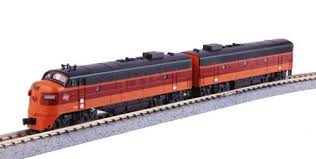








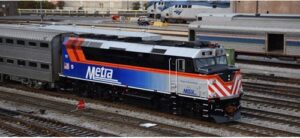
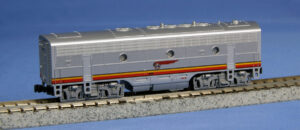
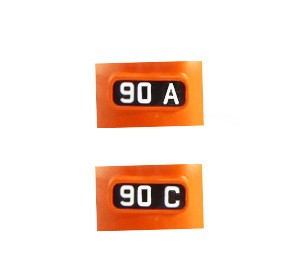

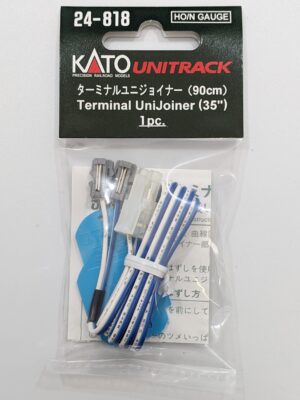
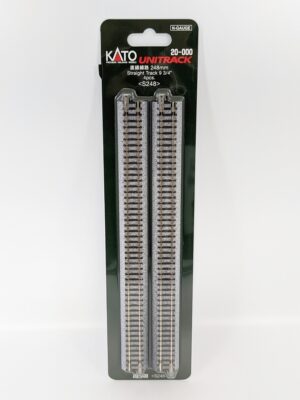
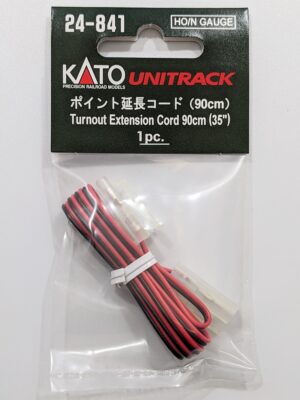
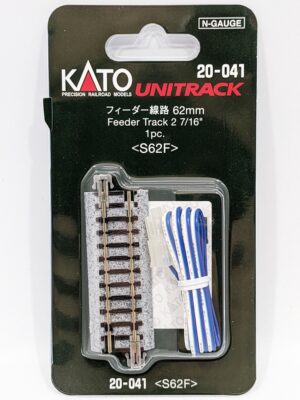



Reviews
There are no reviews yet.